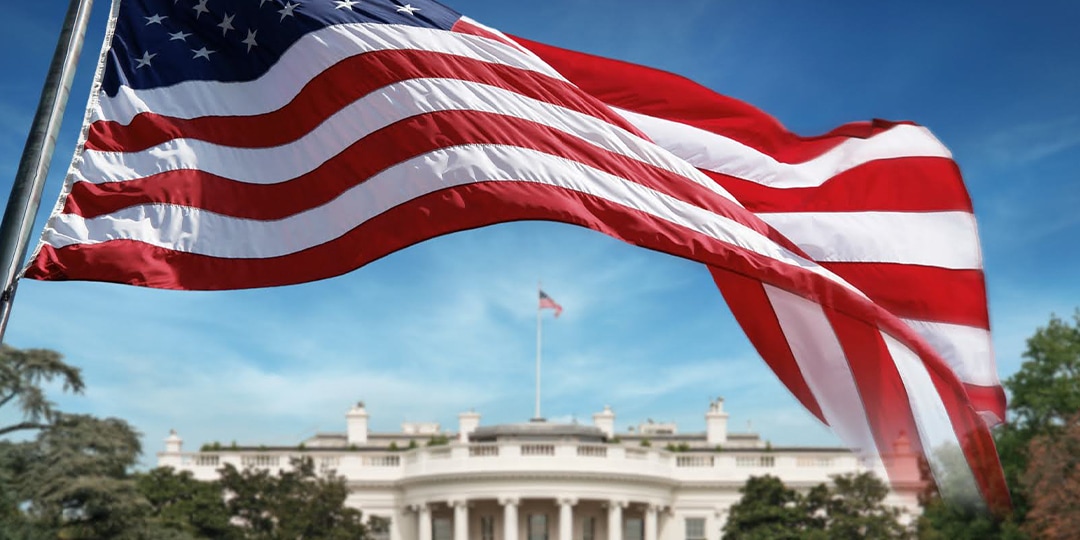On November 5, the New York Times published a poll showing former President Donald Trump ahead of President Joe Biden in five of six ‘battleground’ states that may decide next year’s presidential election. Despite recent Democratic successes in contests where Biden himself was not a factor, the poll has caused anxiety among senior Democrats by raising, more starkly than before, the question of whether Biden is a candidate capable of winning.
Replacing him as the candidate remains improbable – both Biden and Trump appear to have a firm lock on their parties’ presidential nominations. But in a country where half the population is younger than 39, most voters would rather not see an electoral rematch between Biden, who turned 81 on November 20, 2023, and Trump, who will be 78 in June 2024.
The nominees’ ages, however, are seemingly not the only problem. A study published by the University of Virginia in October indicated the extent of mutual distrust between Democrats and Republicans. The poll of 2,008 nationwide voters found that 41% of Biden supporters and 38% of Trump supporters somewhat agreed that the other party is now so extreme that it is acceptable to use violence to prevent them from achieving their goals
In our latest White Paper, Divided States: Prospects for the US election, we explore the likely developments in the presidential election, as well as the potential outcomes for US domestic and foreign policy.


